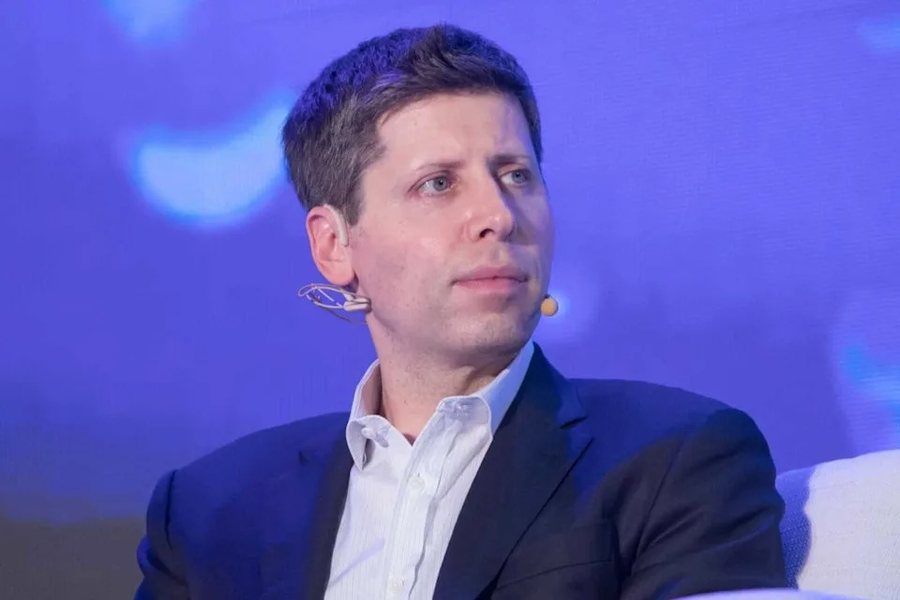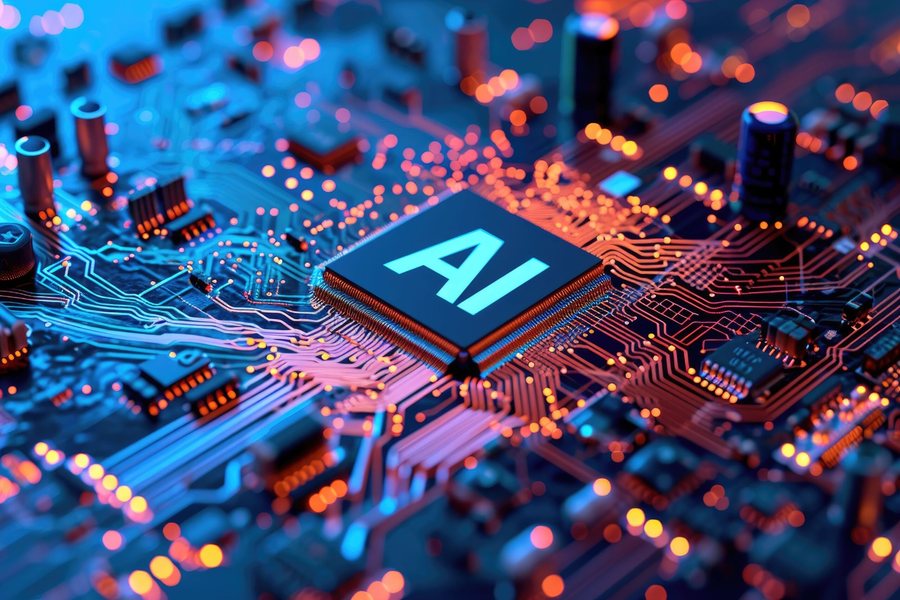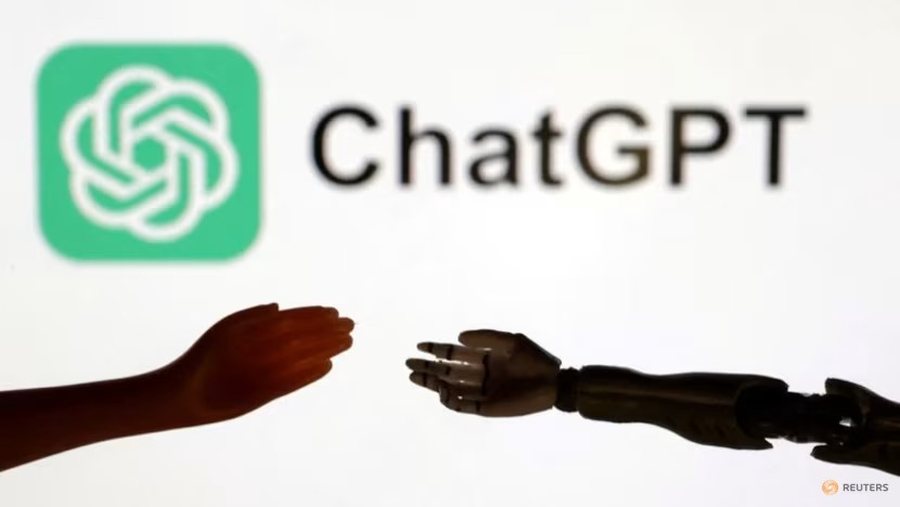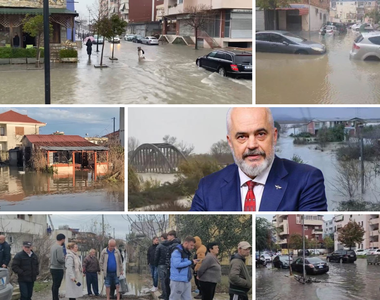
Sam Altman, the CEO of OpenAI, spoke in the first episode of the company's new podcast about the level of trust people have in ChatGPT.
“People have a very high level of trust in ChatGPT, which is interesting, because artificial intelligence invents. In fact, it should be a technology that is not trusted that much,” Altman said.
This statement comes at a time when AI capabilities are still in the early stages of development. Billions of people around the world are already using artificial intelligence, but as Altman himself says, it is “not very reliable.”

ChatGPT and other (LLM) models are known for their ability to “invent,” generating information that sounds credible but is actually inaccurate or fabricated. Yet millions of users trust these tools for research, work, personal advice, and even parenting.
Altman confessed that he used ChatGPT extensively for questions about parenting in the first months of his son's life, describing it as a useful tool, but also with risks, as it can almost certainly give wrong answers.
Altman's remarks highlight a fundamental paradox in the age of artificial intelligence: even as people are increasingly aware that AI can make mistakes, the convenience, speed, and fluidity of communication have turned ChatGPT into a resource that is often treated like a trusted friend or professional expert.

This sense of trust is further strengthened by AI's abilities to remember context, personalize responses, and assist across a wide range of topics, features that Altman and his team believe will improve even further as the technology develops.
View this post on Instagram
However, Altman warns that this trust is not always justified. The risk of overusing AI-generated content is particularly great in sensitive areas such as health, justice or education. While he praised the usefulness of ChatGPT, he stressed the importance of user awareness and critical thinking, recalling:
“AI invents and should not be trusted blindly.”
On the other hand, Altman emphasized that preserving users' "secrets" is essential, through transparency and data protection.





